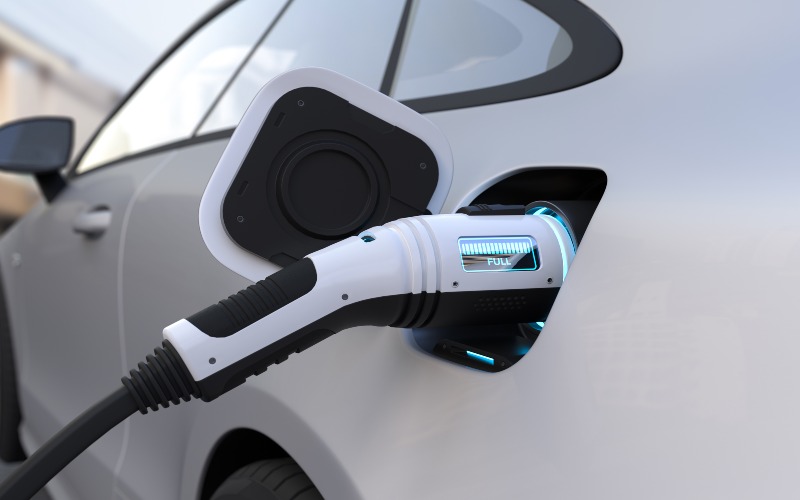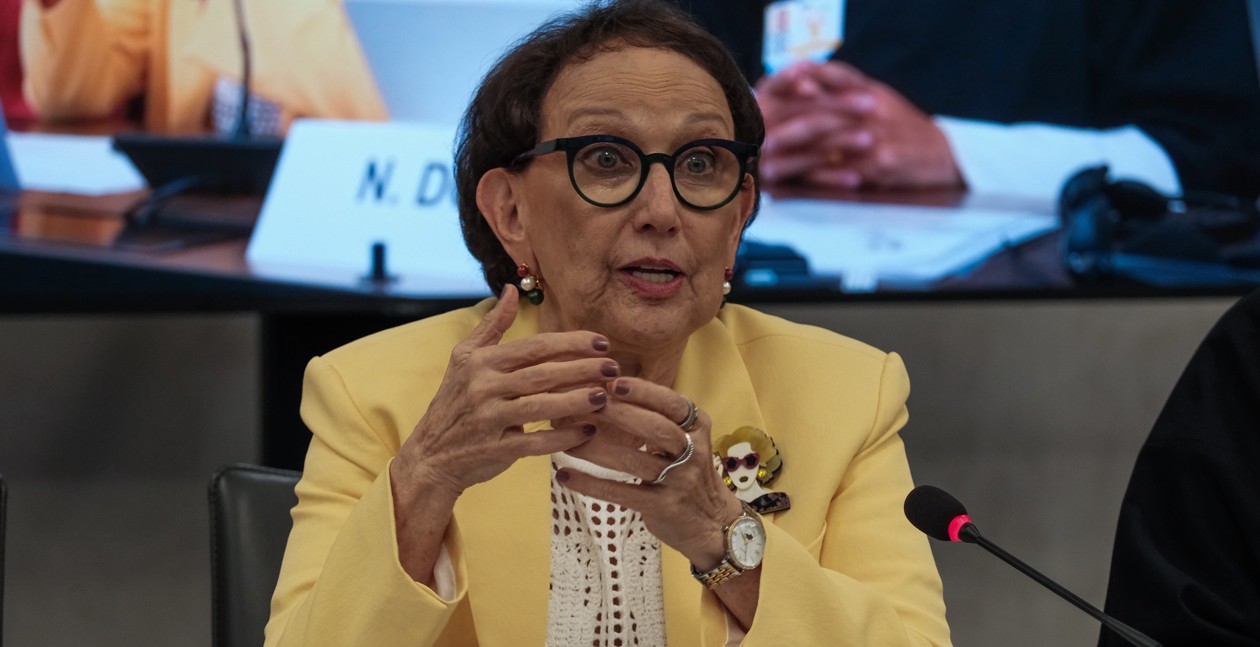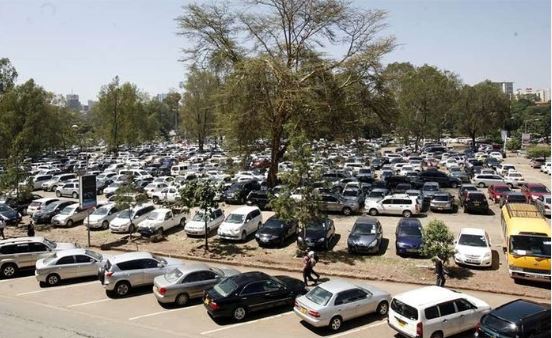Epra boosts Kenya’s EV revolution by removing charging cap

Under the current framework, EV operators enjoy special tariffs of Sh8 per kWh during off-peak hours and Sh16 per kWh during peak hours.
Kenya’s push towards electric mobility is set for a major boost as the Energy and Petroleum Regulatory Authority (Epra) moves to remove the 15,000-kilowatt-hour (kWh) monthly electricity consumption limit at electric vehicle (EV) charging stations.
The policy shift is expected to lower operational costs for charging operators and make it easier to power more vehicles at a single facility.
More To Read
- How Kenya’s growing taste for luxury is rewriting motor vehicle industry, jobs
- Sulfur-based batteries could offer electric vehicles a greener, longer-range option
- Matatus take EPRA and City Hall to court over ban on passenger pickups at fuel stations
- Fuel prices remain unchanged in November EPRA review
- Senators grill EPRA over LPG safety, illegal refilling plants
- MPs reject plan to regulate cooking gas imports via open tender system
Under the current framework, EV operators enjoy special tariffs of Sh8 per kWh during off-peak hours and Sh16 per kWh during peak hours.
However, these preferential rates apply only within the 15,000-unit limit per meter each month. Once consumption exceeds this cap, additional power attracts a separate demand charge, leading to higher overall costs.
This has forced charging operators to limit the number of electric buses connected to one station to avoid crossing the threshold. As a result, the consumption cap has become a key barrier to the expansion of charging capacity and slowed down the uptake of EVs.
“A major milestone will be the proposed update of the e-mobility tariff, which will remove the current consumption limit of 15,000 units per month,” Epra says.
Commercial and industrial consumers in Kenya pay a demand charge based on their voltage level, with those on high voltage facing higher rates.
This fee, separate from the standard consumption charge, covers the infrastructure needed to meet peak demand and is a significant component of electricity bills for large users. Domestic consumers are exempt from this charge.
By scrapping the monthly consumption limit, Epra aims to enable operators to charge a larger number of buses at one station without incurring extra costs.
The Electric Mobility Association of Kenya estimates that there are about 300 EV charging stations in the country, the majority of which are located in Nairobi.
While the planned changes are expected to make EV charging more cost-effective, Nderitu noted that it could increase daytime power consumption.
He called for additional regulatory measures to promote more charging at night when electricity demand is usually low.
Top Stories Today













































